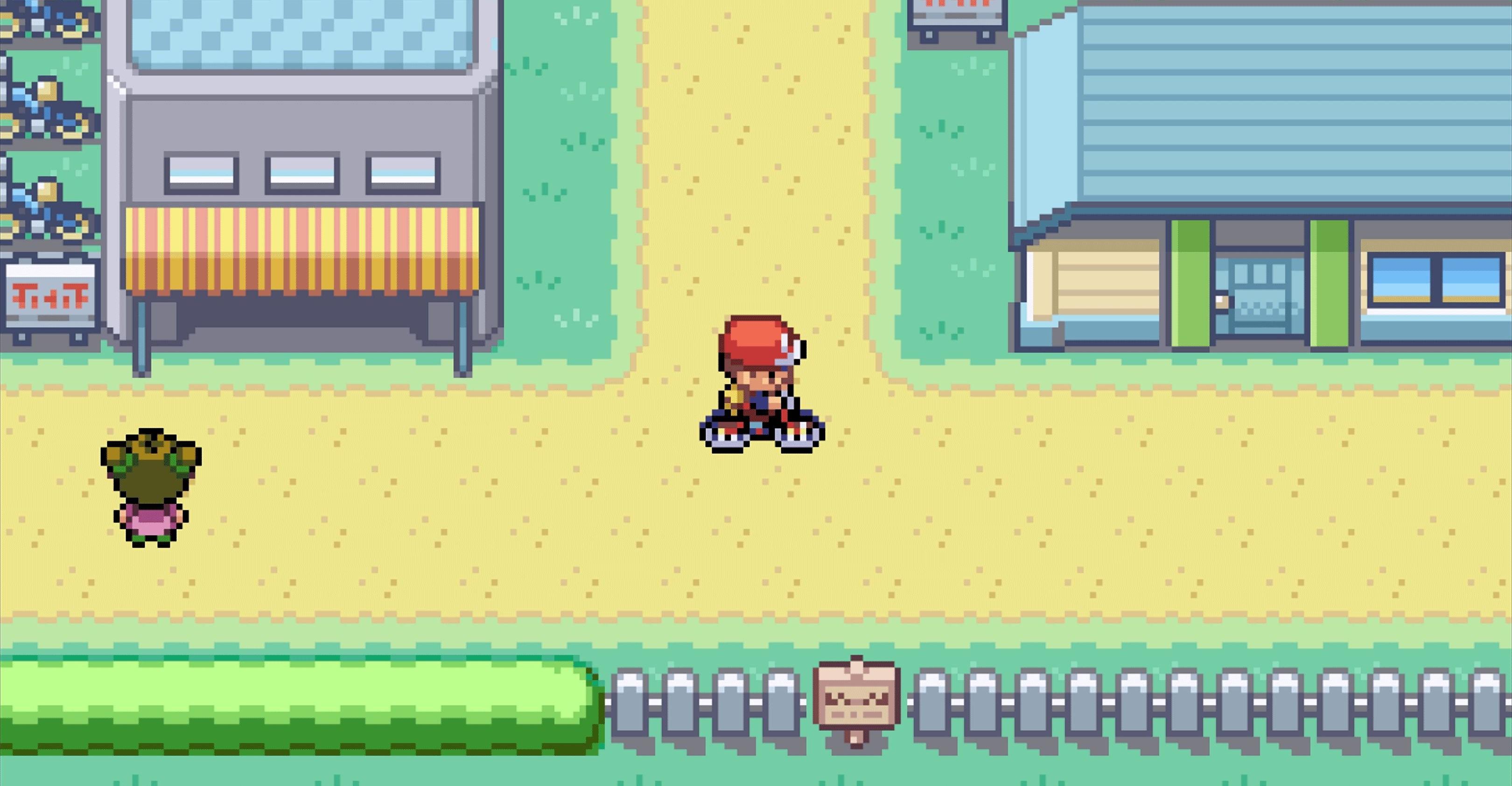Whispers, rumors and rulers' narrative!
The change of top command in Pakistan's most important intelligence agency was generally considered normal, but then those with access to the ruling circles started whispering differences and stopped the notification of the appointment of the new DG.

These whispers emerged as rumors on social media. The market for rumors on social media continued to heat up, with some key government ministers allegedly trying to "firefight". Disagreements over a minor issue eventually escalated into a week that the government spokesman had to admit.
The appointments and transfers were announced on October 6, the rumors continued for four days. On October 10, the Prime Minister addressed the main function of Ashra Rehmatul Lil Alemeen (SAW) and one of his sentences was considered the big news of the day. The Prime Minister said in the history of the world, there has hardly been a general greater than Hazrat Khalid bin Waleed (RA). He had never lost a war. Even then Hazrat Umar (RA) asked Hazrat Khalid to quit command for another. What was the context of his sentence? No one felt the need to consider it, but its meanings began to be taken in the context of rumors circulating on social media. Estimates began to be made.
After two days of silence, Federal Minister for Information Fawad Chaudhry had to come in front of the cameras and talk about these rumors. He told the media in detail that the Prime Minister and the Army chief had a long meeting, the Prime Minister and the Army Chief have close ties, the Prime Minister's Office will never take any step that would tarnish the honor of the Army or the Commander-in-Chief and Nor will the military take a step that would tarnish the image of the prime minister or the civilian setup. Legal procedure will be followed for the appointment of new DG ISI, all constitutional and legal requirements for the appointment of new DG ISI will be met.
After this statement of Fawad Chaudhry, many more explanatory statements came from various personalities, then the journalists who were also in close contact with the Prime Minister's House were fed tickers in the name of sources that the Prime Minister while talking to the cabinet members said, "The appointment of DG ISI is my prerogative. The situation in Afghanistan demands that no change be made in this post for another six months. If the army has honor, then the Prime Minister's House too. The impresison that I am a puppet PM is wrong. The PM decides the name from the list of three names."
At the same time, the Prime Minister's favorite phrase was added to the un-fed tickers that "if I am not nervous, you should not be nervous either". The emphasis was on cabinet members. Maybe no one knows what was behind it.
Although the tickers fed from the Prime Minister's House were designed to defuse the situation, these tickers don't seem to benefit the government, but rather the advisers have created a state of confrontation. As far as the press briefing of the Information Minister is concerned, he also took the same stance as that expressed by the PMBAT reporters, the only difference being that the attitude of the Information Minister and the choice of words was careful. He spoke in muffled words.
The change of government is actually a tragedy, which it is now facing. From day one, this government tried to give the impression that the relationship between the top military leadership and the government was warm and the position was the same on every issue, for which the word "one page" was used repeatedly. In the current situation, those who have filed a "one-page" writ are unable to tell the nation that if the hell broke loose over the usual transfer of a post. The manner in which the issue is being handled isn't a good omen.
One page impressors successfully run their agenda for three years. The wreckage of their every incompetence and bad governance kept falling on one page. The opposition was also in control because of one page. One page hid every weakness. Now the secret of not having a page is open, so panic is spreading. In the same panic, the PTI supporters discussed the point of civil superiority. Even those who raise this point are not well-wishers of the government. What will be the result of this shake-up? The answer lies in our political history.
Most importantly, this disagreement is by no means a question of civil superiority. The stubbornness to maintain the personality of one's choice in any position cannot be termed as civil superiority. Those who give such an impression deliberately or unknowingly pave the way for institutional conflict.
The fact that the "one-page" writ petitioners have perpetuated the impression of national institution's involvement in important decisions for their own political interests is not a formal and explicit attempt by the military to refute this impression outright. The impression was made and the impression was gaining momentum. Now if someone tried to make unnecessary noise of the civil superintendent, then the silence may not be maintained and the position of the other side will also come to the fore and the noise of the civil superior may say Don't stay It is better to be careful.
Civil supremacy is in fact an ideology and principle that has taken root in the world with the concept of democracy. First of all, we have to focus on promoting real democracy in the country. Real democracy is the civil supremacy. It isn't possible to use the slogans of "one page" when support is needed to form and run a government, and when it comes to likes and dislikes, it is civil. The upper hand should be made a crutch. All the requirements of true democracy must be met.
Due to this disagreement, the role of any key player is not immediately in jeopardy, but once the impression of "one page" disappears, opposition parties and social elements opposed to government measures will surely be encouraged. Even those cornered within the ruling coalition will be free to decide according to the new situation as those who have completed three years despite continuous bad governance have lost an important support.
Now the chances of an anti-government movement will increase, and sit-in politicians may face new sit-ins. This means that if precautions are not taken, the situation can take any turn. The exsisting state of affairs can take any turn. Under these circumstances, if the PTI had to be ousted from power, the party's narrative will be that of a "political martyr"?











